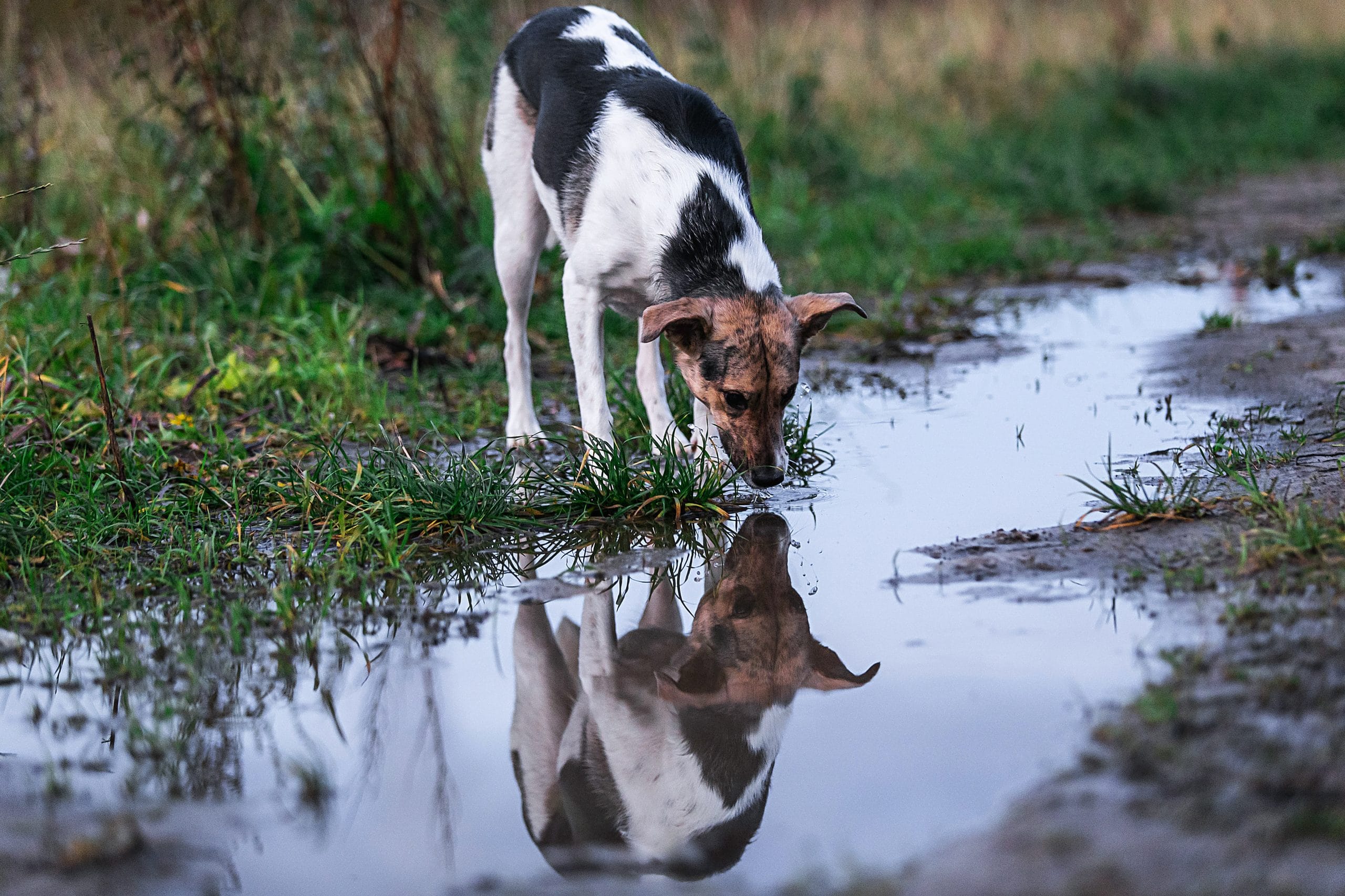The warning comes after several dogs have reportedly died from the infection which spreads throughout the bloodstream. Pet Insurance Australia detailed that almost $3000 worth of claims were made in relation the disease.
Majority of the cases have been reported in NSW amid a mice plague these past few years with 17 dogs dying between 2017 and 2020 alone. The bacterial infection is found in rodent urine which can make its way into a dog’s bloodstream through cuts, or several openings like the mouth and nose according to Sydney Animal Hospitals.
“With the risk of more rodents being around due to the current plague, dogs may come into contact with leptospirosis through contaminated stagnant water, such as in ponds or puddles, or through any direct contact with rodents,” they said.
“Furthermore, the organism can survive for up to two months in stagnant water if conditions are favourable.”
Companion Animal Network Australia (CAN) listed outdoor activities such as walking your dog outside, camping and swimming can increase the risk of infection.

A vaccine is available for dogs from the age of six weeks with Sydney Animal Hospitals reiterating the importance of protecting your canine pal.
“There has been multiple cases… in the past 2 years – and sadly, many of the affected pets did not survive. This is why vaccination against leptospirosis is so important,” they said.
“Boosters are required annually if your dog has been previously vaccinated, so please ensure your dog remains current with its vaccination protocol.”
Humans are also at risk of contracting the bacterial infection which can lead to kidney failure and meningitis.






